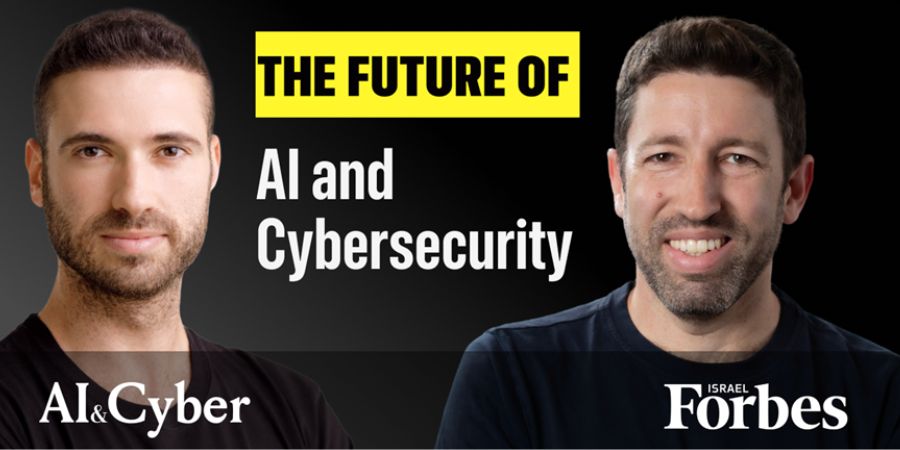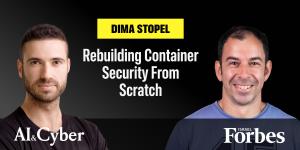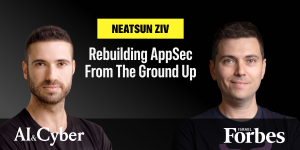We’re not easing into the AI era—we’ve been thrown into it. That’s how Ron Peled, founder of Sola and former CISO at LivePerson, described the current moment: “The Big Bang already happened. Now we’re just trying to contain the blast.”
Ron’s clarity around AI’s impact on cybersecurity is jarring—and refreshing. He doesn’t talk about threat vectors or dashboards. He talks about control. About complexity. About what breaks when the world adopts generative AI faster than the security stack can respond.
Like many of the leaders I’ve spoken with—Dorit Dor at Check Point, Tsion Gonen at Protego, Elik Etzion at Elron—Ron sees AI as both threat and tool. But what makes his voice unique is his insistence on simplicity. “The era of bloated, ‘luxury’ cybersecurity products is over,” he said. “What teams need now is focus. Precision. Clean UX. Solutions that don’t overwhelm—just work.”
That perspective echoes something Tom Mes told me about CISOs today: they don’t have the luxury of managing theoretical risk. Their job is to enable the business without drowning in alerts or friction. In that sense, Sola’s approach reflects a growing pattern—cybersecurity as a minimalist, embedded experience.
But Ron takes it further. He doesn’t just want cleaner tools. He wants community-based security. “Everyone talks about shared defense,” he said. “Almost no one builds for it.” He sees this as the next evolution—not more tech, but more collective action. A model that looks more like a neighborhood watch and less like a gated compound.
It’s a mindset I’ve come to share at Clarity. Whether we’re tackling deepfakes or phishing automation, the organizations moving fastest are the ones who build for people, not just systems. The ones who remember that cybersecurity is, at its core, a coordination challenge.
Ron also spoke to the evolving role of the CISO. No longer just a gatekeeper, the modern security leader needs to be what he calls “a productively paranoid operator”—someone who sees what’s coming and builds guardrails without becoming the roadblock.
That term stuck with me: productively paranoid.
Because that’s exactly what AI requires. The attacks are faster. The tools are more accessible. And the stakes—for privacy, for resilience, for trust—have never been higher.
As our conversation wrapped, Ron returned to the urgency. “Organizations don’t want partial solutions,” he said. “They want defenses that move at the speed of the threats.”
In that sense, the mission is simple: Build security tools that scale with AI, not lag behind it. Architect for clarity, not complexity. And never forget—the Big Bang already happened.
The question now is: who’s ready to build the shield?
Michael Matias is the CEO and Co-Founder of Clarity, an AI-powered cybersecurity startup backed by venture capital firms including Bessemer Venture Partners and Walden Catalyst. Clarity develops advanced AI technologies protecting organizations from sophisticated phishing attacks and AI-generated social engineering threats, including deepfakes. Before founding Clarity, Matias studied Computer Science with a specialization in AI at Stanford University and led cybersecurity teams in Unit 8200 of the Israel Defense Forces. Forbes Israel recognized him early on, naming him to the exclusive 18Under18 list in 2013 and the Forbes 30Under30 list thereafter. Matias authored the book Age is Only an Int and hosts the podcast 20MinuteLeaders.





